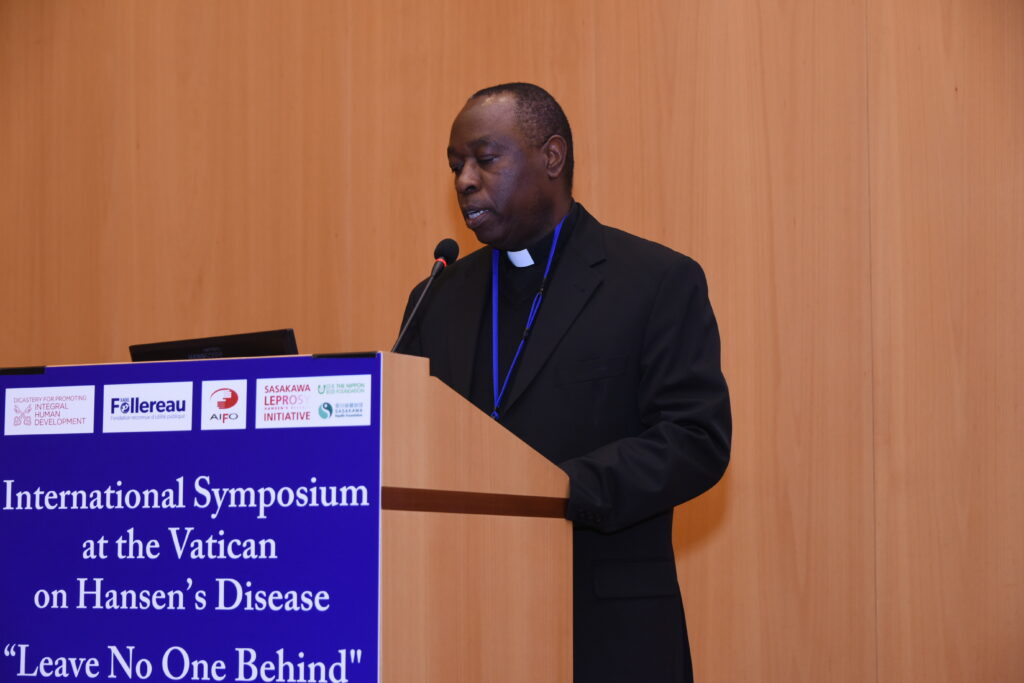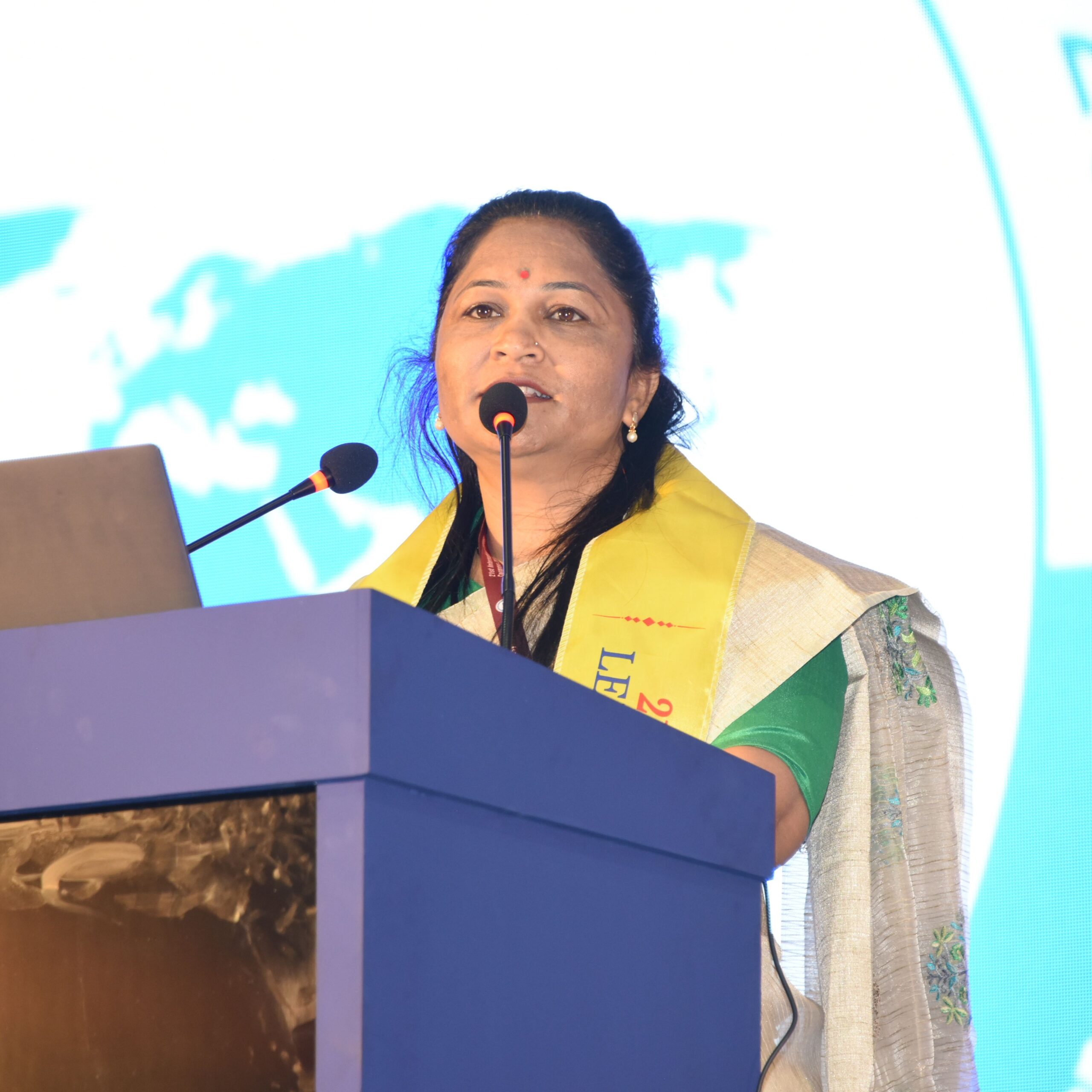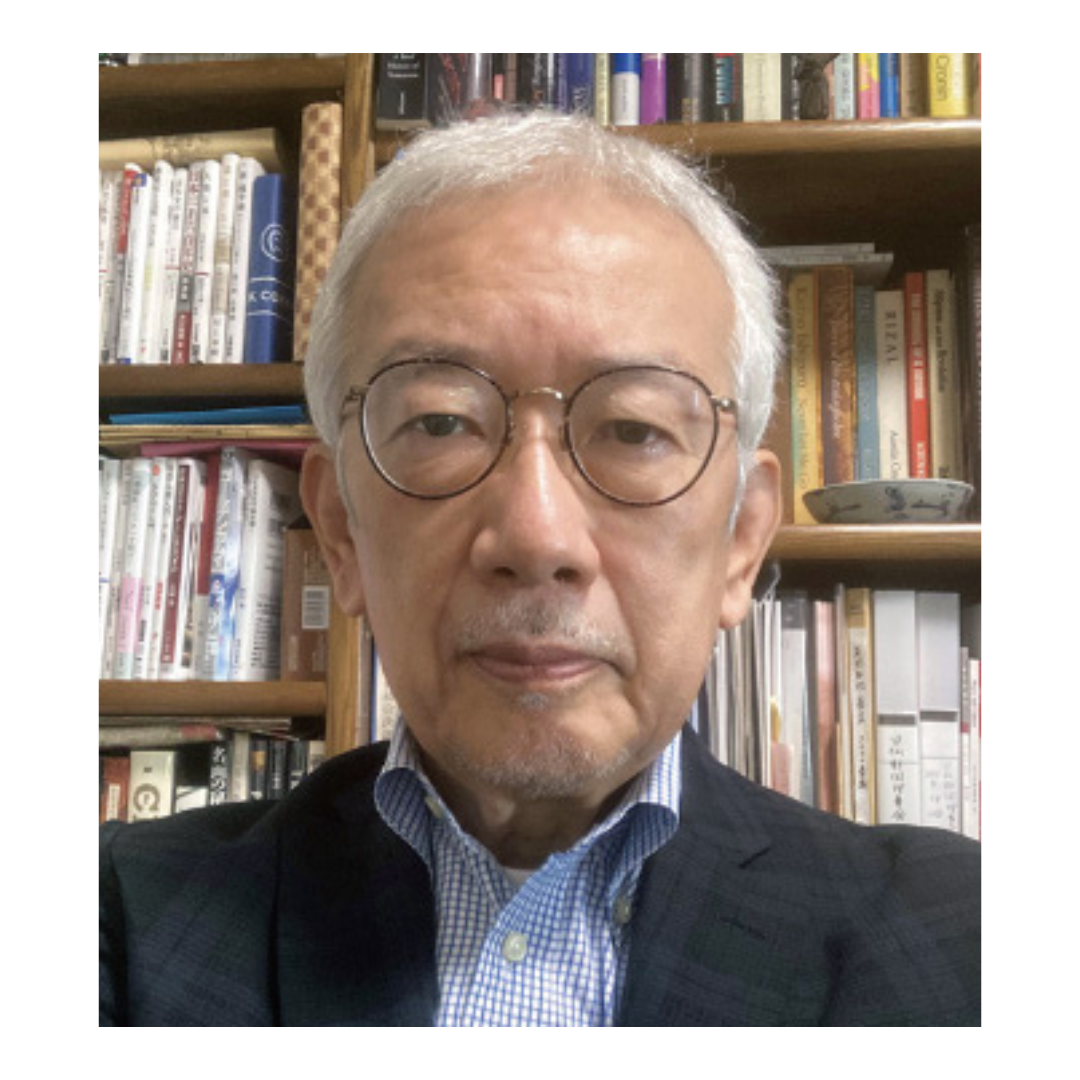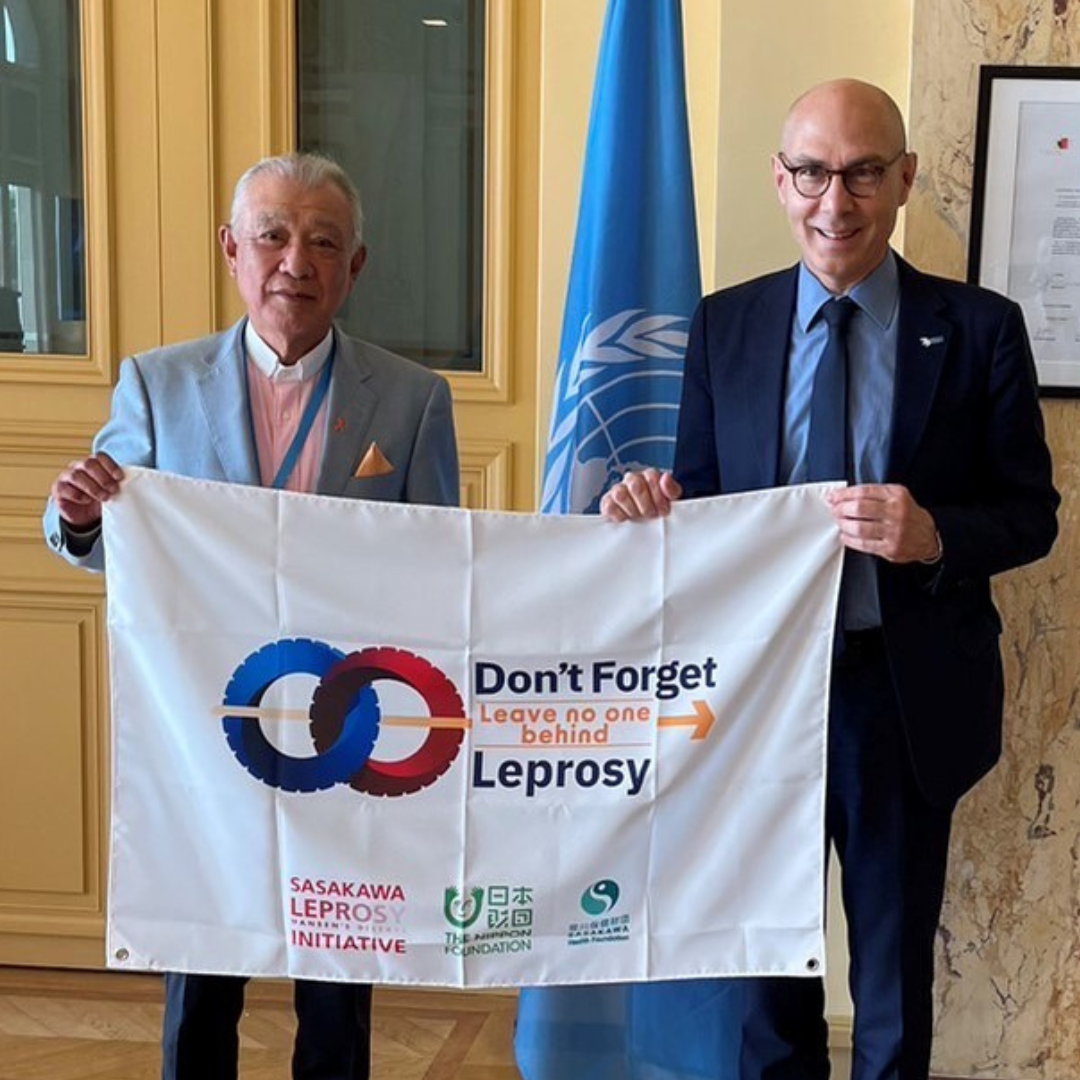In his closing speech, Monsignor Charles Namugera noted that over the two days of the International Symposium at the Vatican on Hansen’s Disease, some people would look at “Dicastery for Promoting Integral Human Development” on his name tag and ask, puzzled, what is that about?
A dicastery is a type of department within the Roman Curia, the central administrative body of the Catholic Church. The Dicastery for Promoting Integral Human Development was created by Pope Francis in 2016 to work on “issues regarding migrants, those in need, the sick, the excluded and marginalized, the imprisoned and the unemployed, as well as victims of armed conflict, natural disasters, and all forms of slavery and torture.”
As a representative of the Dicastery, Monsignor Namugera explained that “integral human development” is a “person-centered approach” that has roots in Pope Paul VI’s 1967 encyclical about the progress of people (Populorum progressio).
Monsignor Namugera connected the Church’s interest in integral human development to the theme of the Symposium: leave no one behind. He praised the Symposium for bringing together various actors at various levels, emphasizing that “integral human development, or authentic development, cannot be done by one actor alone. It needs the concerted effort of people working at different levels from different angles in order to respond to the multi-dimensional needs of a human person.”










